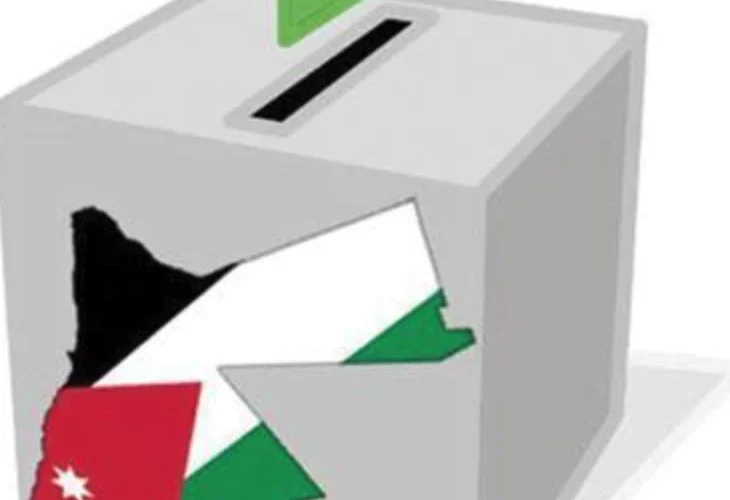Articles
Jordanian Local Elections Between The Dreams Of Change And Fears Of Non-Participation
- March 27, 2022
- Posted by: mohamed mabrouk
- Category: Insights

Rabaa Wazeer
Jordan is on schedule for the upcoming municipal elections, to be held on March 22, 2022. In preparation for the elections, it has become clear that there is an increasing activity among Jordanian tribes and clans in terms of making understandings and alliances with each other in exchange for being vacated by this clan or by that arena for the municipal and provincial council elections. This led to contribution to the emergence of clan alliances at the level of the presidency and membership, which has further warmed electoral mobility in several areas, including the city of Ma’an, which witnessed review visits to clan alliances including (Al-Khattab – Al-Fanatsa – Al-Karashin – Al-Bazaia’a), the preparation procedures for the electoral process have been completed, the appeals against the candidates have been finalized.
The direction of the Jordanian parties inclined to the reluctance of the Islamic movement and changing its position on the political map
The number of Jordanian political parties is 55 licensed and registered with the Ministry of Political and Parliamentary Affairs. The number of parties that nominated a number of their members for the upcoming elections has reached 24 out of 55 parties, which means that 57% of the political parties do not have any men or women candidates, and among them was the reluctance of the Islamic movement to participate in these elections, which can be attributed to their political exclusion and the uselessness of their participation, which prompted the decision to suspend the participation of the movement and its main party in the municipal and decentralized elections. The absence of such a trend will certainly affect the conduct of the elections in a number of ways, including the diversity of candidates and the currents involved, but that decision is considered to be the placement of the Islamic Action Front in the party, trade union and later the electoral map.
On the other hand, the number of the eligible men and women candidates who fulfilled the requirements for candidacy and were approved by the competent body has reached 4,646, and the number of those who have the right to vote in these elections has reached 4.600,000, and the electoral process is subject to the supervision of 8 international bodies and 18 local bodies to ensure the integrity of the electoral process.
Jordan Street is in a state of political tension that predicts weak political participation
The upcoming municipal elections are supposed to contain political, economic and sometimes social tension at the level of the parties and the governorates, but the activity so far is somewhat lacks enthusiasm and half-hearted. Although, the Electoral College has announced the registration of more than 4 thousand candidates for this version, rather the electoral propaganda has appeared in Amman, the capital, and only some of its neighborhoods.
Jordanian election scenarios between the two possibilities
Although the local elections are close, rather the situation is subject to the possibility of following two tracks, which can be explained as follows:
The first scenario… Possible postponement
The likelihood that the elections will be postponed is particularly significant given the country’s endemic epidemic situation, as well as the high likelihood that there will be no popular turnout for committee funds, which could lead the government to postpone the electoral process, which could lead to increased acrimony on Jordan Street and the possibility that the country will experience waves of protests as is currently the case.
The second scenario… Elections with low turnout
The second scenario suggests the possibility of holding elections despite the weak of political participation, and some results may be decided by acclamation or appointment in order to maintain the stability of the situation, but if this scenario occurs, the Jordanian street is sure to witness a great movement.
Conclusion:
Despite the measures being taken by Jordan to ensure that the electoral process is conducted in a transparent and fair manner, most of the indicators confirm the reluctance of a large proportion of citizens to participate in the process, as a result of apathy that followed the economic and health situation, the increase in unemployment and the restriction of the personal freedoms, therefore, it is certain that the elections will add nothing if they are actually postponed.
